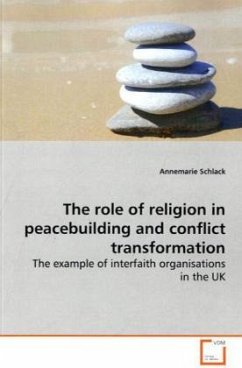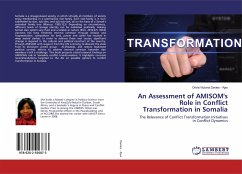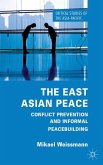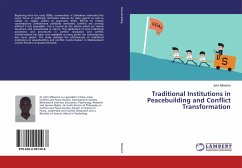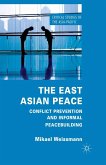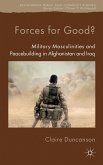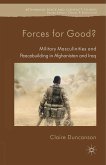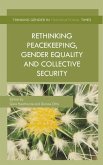Until recently, religion tended to be either
neglected in research in international affairs, or
perceived as cause or pretext for conflict. This
monograph discusses the beneficial potential of the
factor religion that should be considered in
international relations as well as at the local
level. An analysis of literature and interviews with
individuals engaged in interfaith activities in the
UK have produced first-hand insight into the agendas
of the different players in interfaith activities
and into the functions of interfaith organisations.
These organisations contribute in several ways to
the common goal of a more tolerant and less violent
society and add value to community regeneration and
the neighbourhood renewal programs. The analysis
should be especially useful to professionals in the
field of peacebuilding and conflict prevention.
neglected in research in international affairs, or
perceived as cause or pretext for conflict. This
monograph discusses the beneficial potential of the
factor religion that should be considered in
international relations as well as at the local
level. An analysis of literature and interviews with
individuals engaged in interfaith activities in the
UK have produced first-hand insight into the agendas
of the different players in interfaith activities
and into the functions of interfaith organisations.
These organisations contribute in several ways to
the common goal of a more tolerant and less violent
society and add value to community regeneration and
the neighbourhood renewal programs. The analysis
should be especially useful to professionals in the
field of peacebuilding and conflict prevention.

